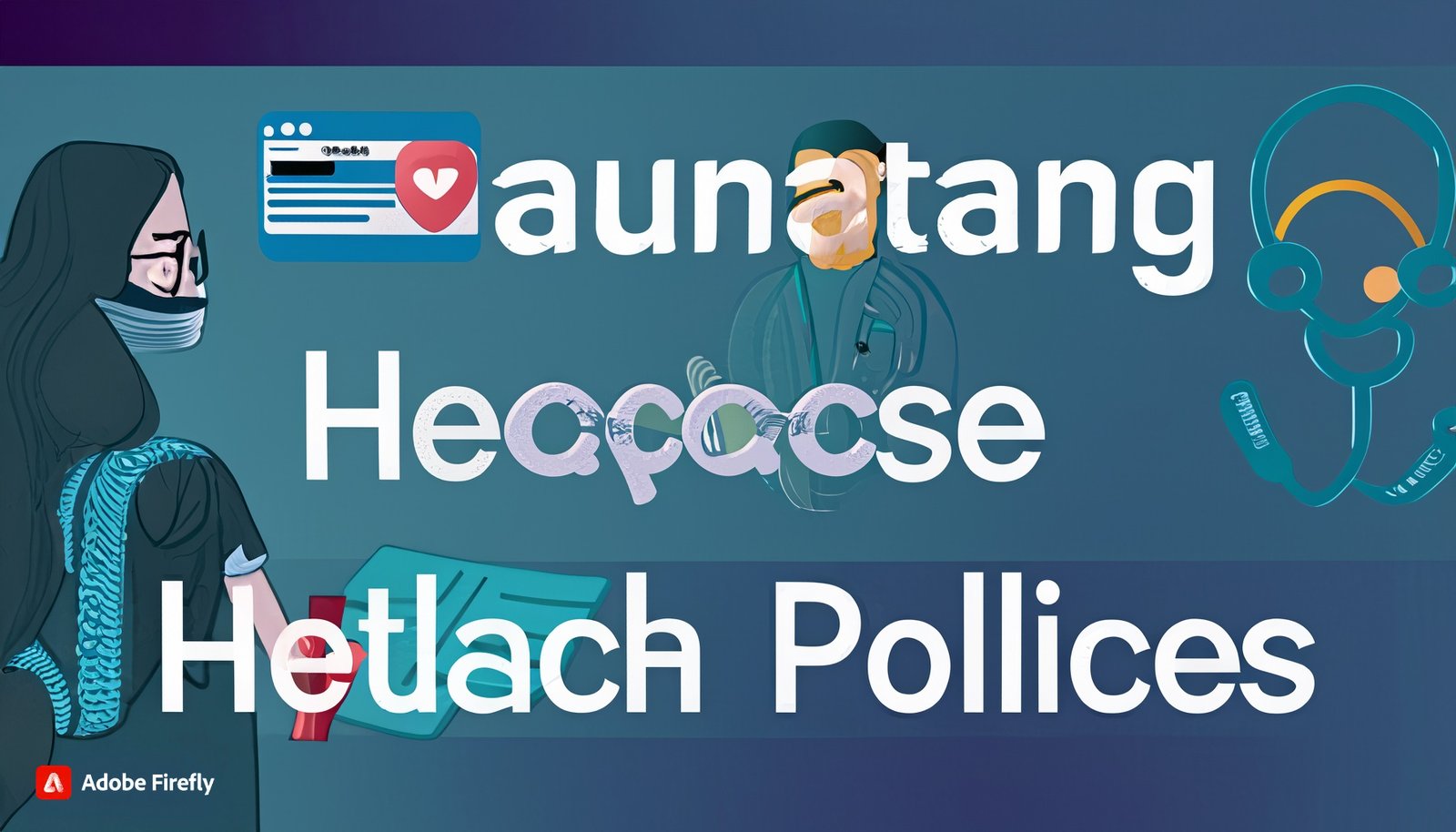Access to healthcare is a fundamental right, but understanding and navigating the complex web of healthcare policies can be a daunting task. Whether you’re an individual seeking coverage or a healthcare provider trying to serve your patients better, having a grasp of healthcare policies is crucial. In this article, we will unravel the intricacies of healthcare policies, offering a comprehensive guide to access, coverage, and the factors that shape the healthcare landscape.
Section 1: The Basics of Healthcare Policies
- Defining Healthcare Policies:
- A comprehensive definition of healthcare policies and their role in the healthcare system.
- Differentiating between public and private healthcare policies.
- Historical Perspectives:
- A historical overview of healthcare policy development and its evolution over time.
- Landmark moments that have shaped healthcare policy in different countries.
Section 2: Access to Healthcare
- Access Barriers:
- Identifying common barriers to healthcare access, including geographical, financial, and cultural factors.
- How these barriers disproportionately affect vulnerable populations.
- Universal Healthcare:
- An exploration of universal healthcare models around the world.
- The debate surrounding universal healthcare in countries without comprehensive coverage.
Section 3: Health Insurance and Coverage
- Understanding Health Insurance:
- A breakdown of health insurance terminology and concepts.
- Types of health insurance plans, including public, private, and employer-based options.
- Coverage and Benefits:
- What healthcare services are typically covered by insurance plans?
- Copayments, deductibles, and out-of-pocket expenses: Demystifying insurance costs.
Section 4: The Role of Government in Healthcare
- Public Health Agencies:
- The responsibilities and functions of public health agencies.
- How they impact healthcare policy and access to care.
- Government Programs:
- A detailed look at government-sponsored healthcare programs, such as Medicaid and Medicare in the United States.
- Eligibility criteria and enrollment processes.
Section 5: Private Healthcare Providers and Policies
- Private Healthcare Industry:
- The role of private healthcare providers, insurers, and their impact on policy development.
- Market dynamics and competition in the private sector.
- Healthcare Policies from Private Insurers:
- Understanding policies and coverage options offered by private insurance companies.
- How to navigate and choose the right plan for your needs.
Section 6: Healthcare Policy Reform and Challenges
- Policy Reform Efforts:
- Recent healthcare policy reform initiatives and their goals.
- Assessing the impact of policy changes on access and coverage.
- Challenges and Controversies:
- Controversies surrounding healthcare policies, including debates on public vs. private systems.
- The role of lobbying, special interests, and political ideologies in shaping healthcare policy.
Section 7: Patient Advocacy and Healthcare Rights
- Patient Advocacy Organizations:
- The importance of patient advocacy groups in influencing policy and improving healthcare access.
- Examples of successful advocacy campaigns.
- Know Your Rights:
- A guide to understanding your healthcare rights as a patient, including the right to informed consent and confidentiality.
- How to navigate grievances and disputes with healthcare providers.



Conclusion: Navigating Healthcare Policies for a Healthier Future
In a world where access to quality healthcare is paramount, understanding healthcare policies is key to making informed decisions and advocating for change. As we navigate the complex landscape of healthcare policies, one thing remains clear: access to affordable, comprehensive healthcare is a right that deserves unwavering attention and advocacy






